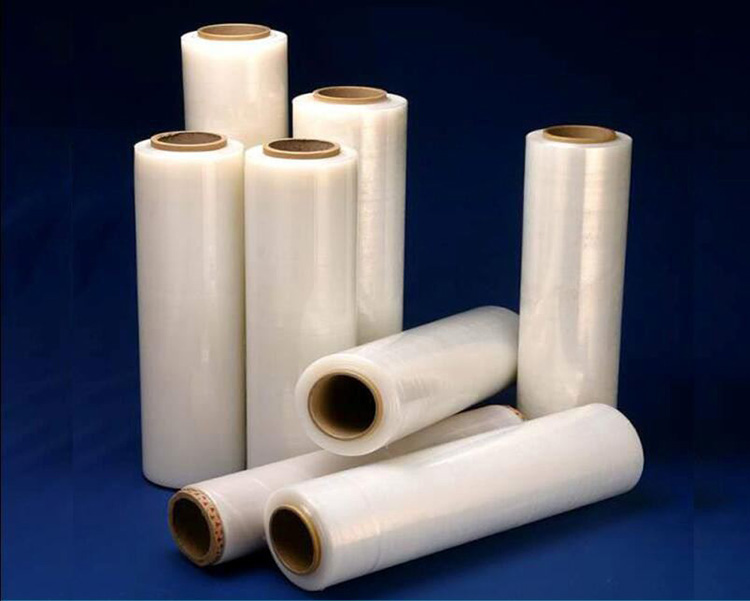Compostable plastics have 5 major benefits for soil health
Currently, the European Commission (EC) is working on a new EU soil health law, which aims to clarify the conditions for soil health and soil restoration. Soil is an important non-renewable resource that plays a central role in our lives by providing healthy food and sustainable materials for a growing world population.
The European Bioplastics Association believes it is vital that the importance of compostable plastics is taken into account and supported in the new law. They can provide multiple benefits for composting and organic waste management.
1, convenient collection of kitchen waste
Compostable plastic bags help to sort and collect biological waste and also recycle food scraps attached to packaging that would be discarded if the packaging were sifted out of the waste stream. They also reduce compost pollution from conventional plastics, reduce moisture content and increase bloat, which is useful when composting food waste.
2, conducive to industrial composting and home composting
The value of industrial compostable plastics (certified according to the uniform European standard EN 13432) lies in organic recycling as an additional waste disposal option and in providing a more efficient method for separating household kitchen waste for collection. A prime example is compostable plastics in Italy, where compostable packaging is widely supported and used. In 2018, the individual recycling rate of household kitchen waste reached 80 percent.
3. It is beneficial to reduce microplastics
By improving the sorting and collection of organic waste, industrially compostable plastics also help reduce biowaste pollution from conventional plastics and, ultimately, microplastics from fossil-based polymers in compost. Because biodegradable polymers do not break down into permanent secondary microplastics when they degrade, microorganisms capable of metabolizing these polymers are present in most natural environments. Therefore, biodegradable plastics help to minimize environmental impact and reduce the accumulation of microplastic particles in different environments.
4. Biodegradable mulch will not accumulate in the soil
Soil biodegradable mulch is a good example of the industrial use of biodegradable plastics. They have been on the market for many years and play a vital role in modern agriculture as they help increase yields, improve crop quality, enhance weed control and reduce water irrigation and pesticides. Compared to traditional (PE) plastic mulch, soil biodegradable mulch fully biodegrades in less than two years and does not accumulate in the soil. The advantages over traditional mulch have also been recognized by the United Nations. Soil health is also protected by a rigorous certification process. European standard EN 17033 sets out clear requirements for the biodegradation of mulch used in agriculture and horticulture.
5, help to reduce carbon
In developing the new soil health law, the European Commission should also consider the carbon sinks generated by organic recycling. Some of the carbon stored in bio-waste converted to compost through organic recycling can be converted to a very stable form and remain in the soil for decades. Because industrial compostable plastics help send more biological waste into organic recycling, they help create carbon sinks and help reduce carbon dioxide.


